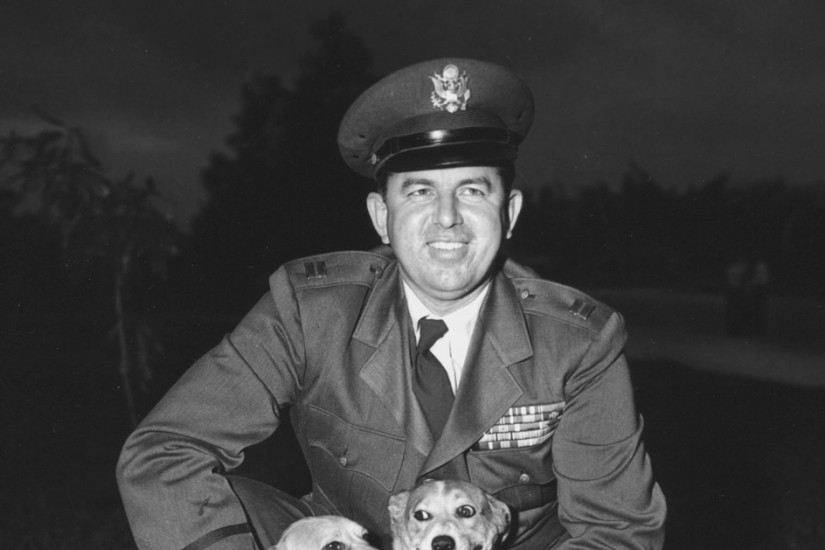When he arrived in Korea in 1946, at the dawn of the Cold War, the peninsula was in chaos. The United States had arbitrarily cut Korea in half. The Soviet army had installed its puppet regime in the North. The U.S. Army had done the same in the South. There were border clashes, and a savage civil war broke out in the South. Americans back home paid no attention, but the fighting killed tens of thousands of Koreans. For Nichols, who was wildly ambitious and just 23 years old, it was a land of opportunity. He jumped into the thick of it, operating without supervision in a netherworld world of torture, mass killings and severed heads.
Then, in 1950, a global war started. North Korean leader Kim Il Sung—the grandfather of Kim Jong Un, the young tyrant now threatening the United States with nuclear-tipped ballistic missiles—invaded South Korea, with the backing of Stalin. President Truman ordered U.S. troops to Korea and told his secretary of state, “We’ve got to stop the sons a bitches no matter what.” By then, Nichols had a network of spies across the peninsula. He spoke pretty good Korean. More than any American, he was ready for war.
Nichols would find most of the targets for America’s carpet bombing of North Korea—a savage, three-year operation that killed hundreds of thousands of civilians. When the war was over, the bombing would resonate in the North as Yankee genocide. It would give three generations of dictators named Kim a reason to warn that the Americans will come again with bombs and fire and death. This is the narrative that still drives Kim Jong Un’s relentless push to acquire nuclear weapons that can hit U.S. cities.
The story of Donald Nichols—the most important spy Americans have never heard of—explains the origins of this continuing crisis, while shining a new and disturbing light on the role of the United States in the creation of a divided Korea.
